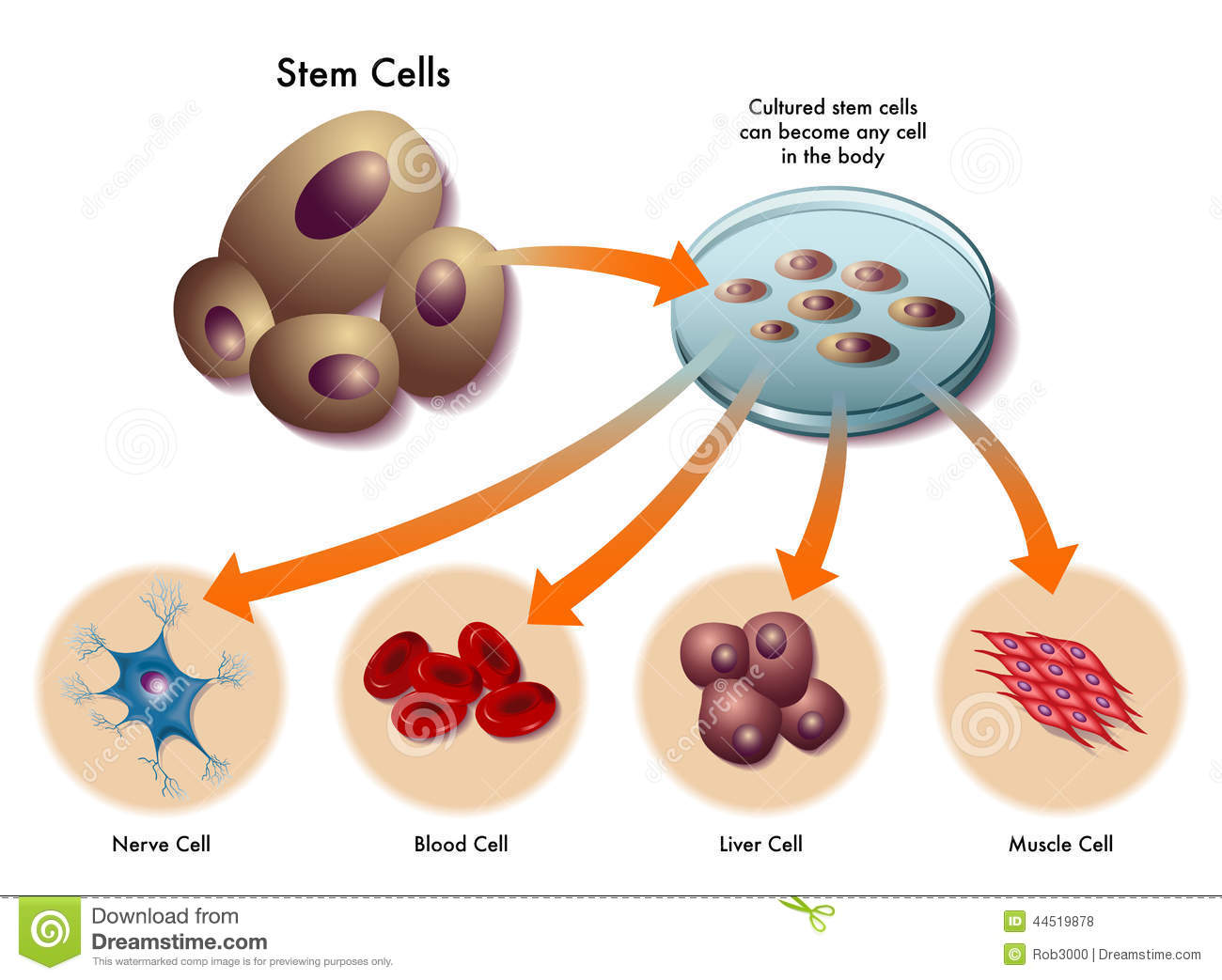Embryonic Stem Cells: ‘Promise of Tissue Immortality’
November 12, 2018
By JUSTICE CHUKWUEMEKA
The Mirror reporter
Some close-minded individuals portray embryonic stem cells research as unethical and immoral. Over the years, there have been many heated debates on ethics, fake clinics, and embryonic stem cell research and application.
 Embryonic Stems cells (ESC) are pluripotent (can divide into many different types of cell) masses of blastocysts that can cure many diseases. Stem cells hold the future for advanced medicine.
Embryonic Stems cells (ESC) are pluripotent (can divide into many different types of cell) masses of blastocysts that can cure many diseases. Stem cells hold the future for advanced medicine.
Embryonic stems cells are drawn from a human embryo after it has grown for five days. To obtain the embryonic stem cells, the embryo has to be destroyed. Some see the destruction of the embryo as immoral and unethical and they do not appreciate the capability of embryonic stem cells to further medicinal research and heal diseases including Parkinson’s, macular degeneration, Alzheimer’s, sickle cell and more.
Embryonic stem cells have no moral status. They do not have body parts, look nothing like a fetus, and most die when implanted in women. Embryonic stem cells research pose no ethical issue because the end justifies the means. Embryonic stem cells are already proving its potential in healing different kinds of diseases.
In one case, an adult was cured of sickle cell disease at a Kansas hospital in June of 2017. This is one of the many diseases that has been labeled ‘incurable,’ but research and embryonic stem cells prove otherwise.
Stem cells can do much more than cure sickle cell disease. There have been cases where macular degeneration and Parkinson’s disease were cured by embryonic stem cells.
It is unfortunate that a few clinics are making money off of patients in the name of curing diseases via embryonic stem cells. The government already knows about them and such clinics probably will be shut down. However, a majority of clinics and hospitals truly cure patients with embryonic stem cells and that effort should be respected.



































































